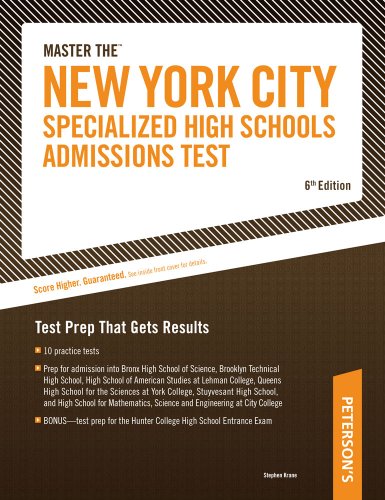
Well, it's time to wake up and bask in the glow of our accomplishments. Last summer, Randi Weingarten offered an endorsement of mayoral control, with a few tepid suggestions for changes that we never saw. Of course, with Ms. Weingarten's quasi-endorsement, the measure eventually sailed through.
Then Mayor-for-life Bloomberg managed to get the UFT to sit out the election, leaving Bill Thompson in the lurch. Thompson retaliated by condemning pattern raises for teachers, letting us know his devotion to us was strictly a quid-pro-quo, and that he has no actual regard for teachers or education. With friends like him...
And now Mayor Bloomberg is sitting pretty, having squeaked through at least partially as a result of our timidity, not to mention a hundred million bucks in campaign spending. So what's the first thing he does? Go to Washington DC to see his buddy Barack Obama, who didn't lift a finger to get Bill Thompson elected.
And our mayor, the richest man in New York, used this opportunity to condemn teachers. Why should they have job protections? Why should he have to follow the contracts he authorized? After all, Mayor Bloomberg just dumped 500 DC-37 employees on the street, so why shouldn't he be able to fire teachers? Screw the seniority rules. Screw the tenure regulations. Michelle Rhee just fired 5% of staff with no regard to contract and got away with it! Why can't I do that?
It's not as though this is anything new. His agenda has always been such, and Joel Klein's 8-page contract should have tipped us off years ago. We should have taken a stand in 05. We should have taken a stand since 05. The fight over using test scores in considering tenure, which we briefly won and then abandoned, has the Mayor-for-life smelling blood in the water.
We've seen over and over that appeasement does not benefit teachers, and Bloomberg's DC speech only goes to show his enthusiasm for stabbing us in the back afterward. We have strong words from UFT leadership. Will they maintain this, or give in to forces who say we must take the pattern when it's crap, but negotiate it when it's favorable?


















 If you've been following
If you've been following 







